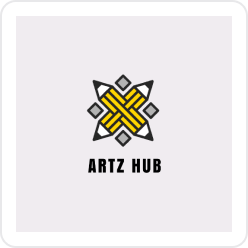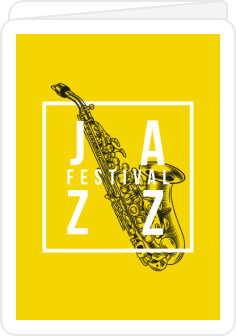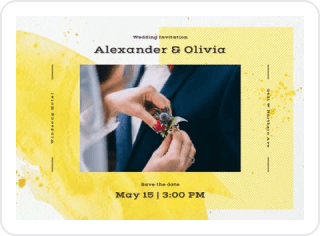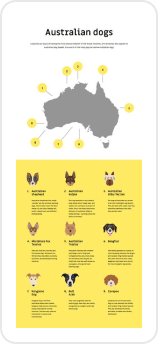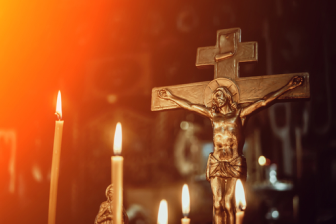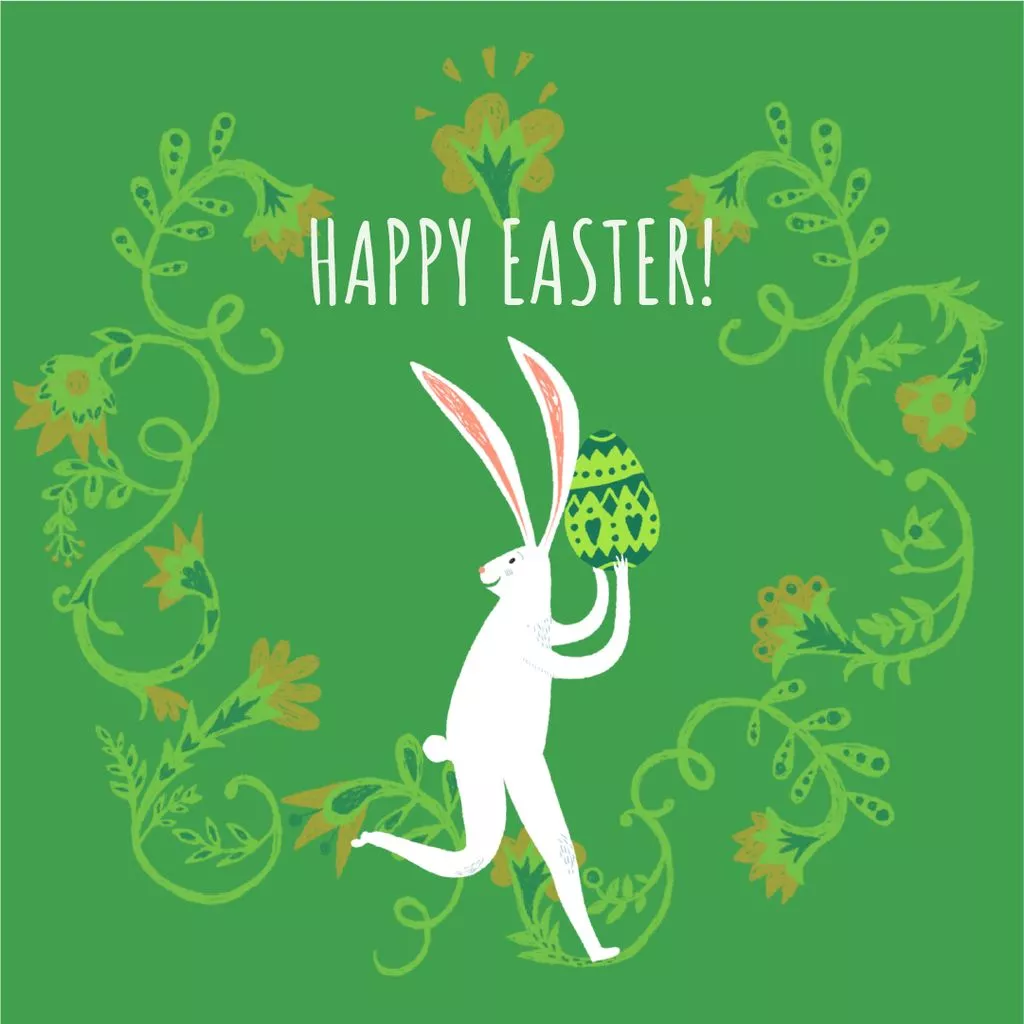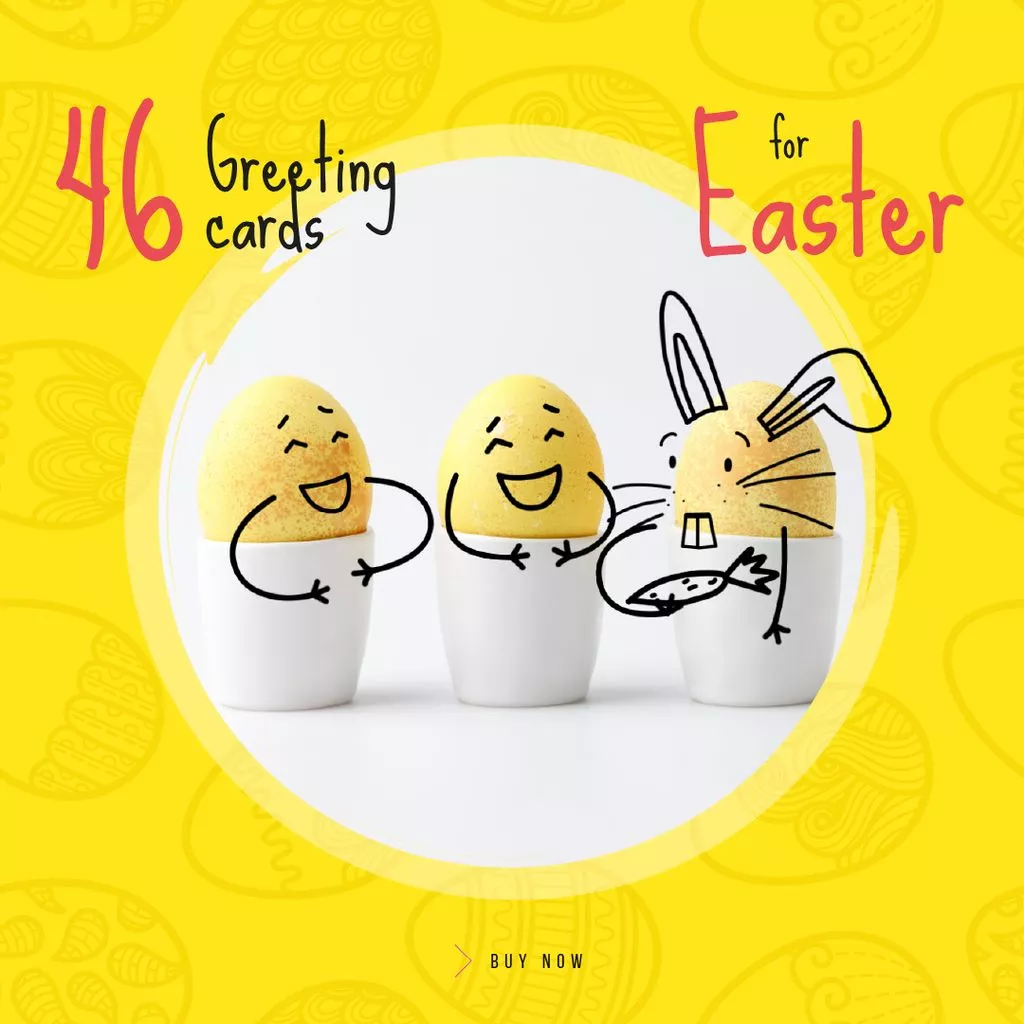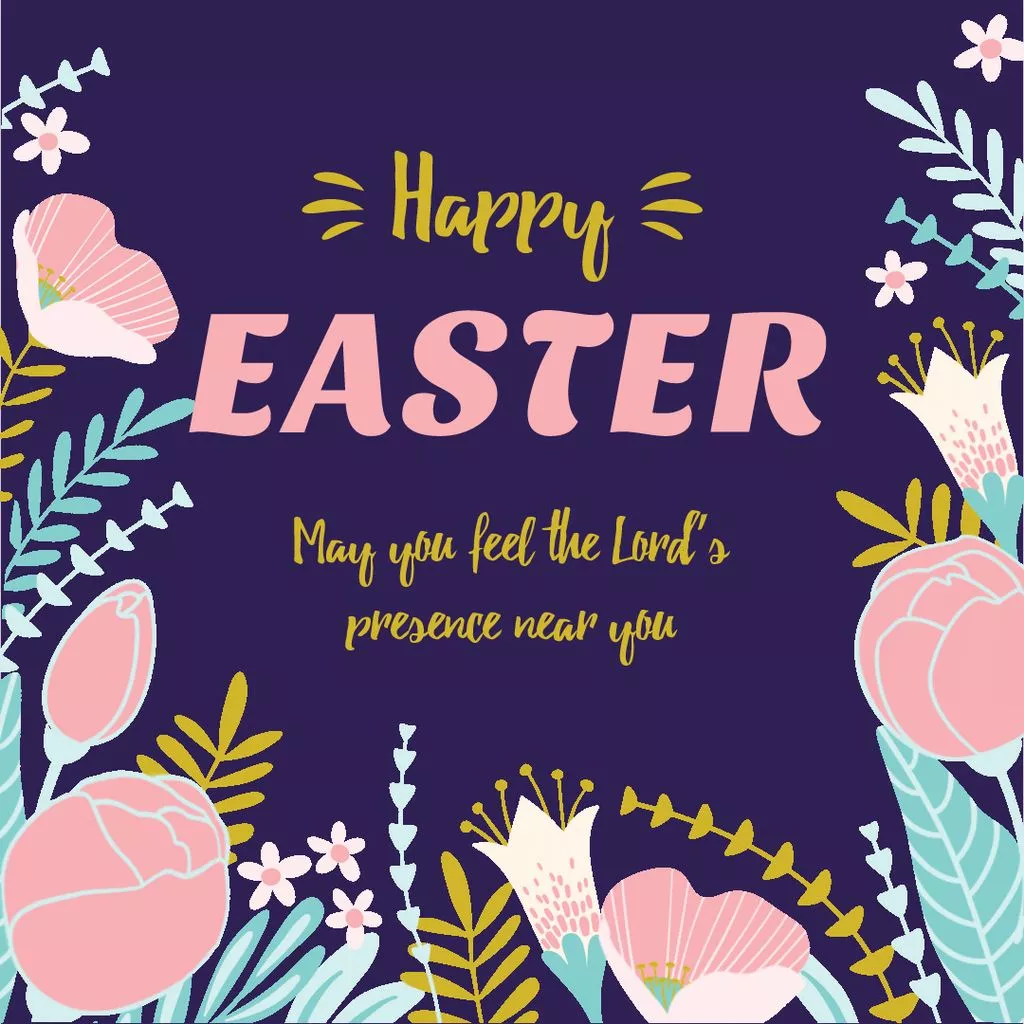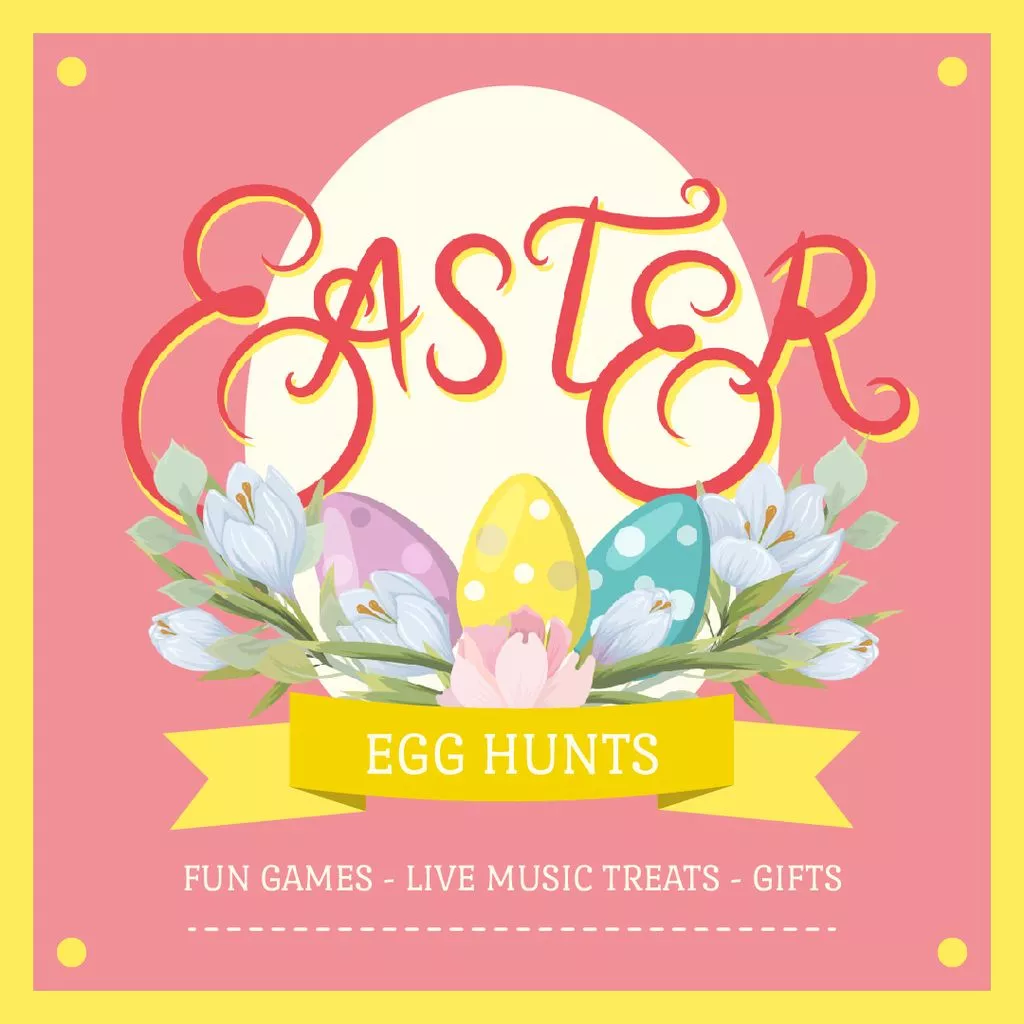Orthodox Easter Day
Orthodox Easter History
The history of this holiday dates back to the 1st-century Judea, somewhere between AD 30 and 33. According to the Bible, the Sanhedrin arrested and tried Jesus Christ, and Pontius Pilate sentenced him to be scourged. Jesus Christ suffered because of tortures and later was crucified by the Romans at Calvary.
As described in the New Testament, Jesus Christ said before death “Father, forgive them, for they know not what they do” and was entombed. However, he resurrected from the dead on the third day after his burial, and it was a miracle. The Bible claims that Jesus’ death is a sacrifice for the sins of others and his resurrection represents the possibility of rebirth, salvation, and renewal of faith.
Orthodox Easter Traditions
Orthodox Easter is not about having fun with your friends at the party. It’s about showing appreciation to your religion, culture, traditions, and values. This is a religious holiday, and its common traditions include:
– Observe the Great Lent and fast: Fast is the major preparation for Easter. During the entire Lenten period of 40 days, many Christians avoid eating products that contain meat, poultry, eggs, and dairy products. The Great Lent begins on Clean Monday and finishes on Resurrection Sunday.
– Make special Easter meals: Festive family meals play an important role in the celebration of Easter. People start cooking special Easter meals several days before the holiday, and the process includes baking Paska (Kulich) and Easter egg decoration. Paska or Kuliсh is the Bread of Life, a traditional (and central) meal on Easter that symbolizes Jesus Christ. People also decorate Easter eggs by painting them in different colors. Plus, the common Easter menu includes meat or poultry meals, vegetables, and red wine.
– Visit a church on Easter morning with family: To show appreciation to Jesus Christ and his suffering, Christians visit churches the day before Easter or on Easter morning. Not only do people light candles and pray, but they also bring their Easter baskets to get their food blessed. Traditionally, people fill their Easter baskets with the Bread of Life, Easter eggs, meat, salt, and wine.
– Play Easter games: From egg hunting to creating Easter crafts, there are many activities for kids and families. For example, one of the common games for this holiday is “Knocking”, when two players take Easter eggs (one for each player) and try to knock each other’s eggs. The person whose egg breaks first—loses the game.
– Gather with family: It’s no doubt that Easter is a family holiday, so people often send invitations to gather with their nearest and dearest on Resurrection Sunday, eat traditional meals, and spend time together.
Now you have a full picture of Orthodox Easter Day. All in all, it’s no doubt that it is a family holiday. So, is it the best period for running your Orthodox Easter Day social media marketing campaign? In short, YES! Since people spend a considerable amount of time getting ready for the celebration, it can be a perfect time for your brand promotion if you add value to your target audience.
Marketing Activities for Orthodox Easter
It goes without saying that Easter is a unique holiday in the Eastern Orthodox culture. If you want to make the most out of it for your business promotion, check out several interesting marketing ideas that can suit practically every company on Orthodox Easter Day.
– Share Happy Easter wishes and greetings. Easter is an important holiday for the Eastern Orthodox Christians, so you better congratulate your audience on this big event. Whether you choose to publish wishes or Bible quotes, it’s important to publish posts dedicated to the holiday via marketing channels.
– Put an egg symbol on your logo. As a marketer, you know the importance of situational content. If you’re looking for an easy and interesting way for your brand to celebrate Easter, consider putting one of the Easter symbols like egg or chick on your brand logo.
– Organize an egg hunt on your website. To promote your campaign, create branded hashtags for your egg hunting. It will make it easier for your target audience to find out more about the campaign and help them spread the word about it if they love the idea.
– Throw an online giveaway. Need we say that people love gifts? People love free stuff and Easter is a perfect occasion to delight your customers with the topical giveaway or contest. Moreover, giveaways help brands achieve their business goals, so you can make your customers happier and increase brand awareness/build brand loyalty/boost sales. Isn’t it great?
– Create a holiday-related ad. The amount of advertising is constantly growing and people want to see something unique and memorable. If you plan to promote your company during Easter, you can come up with a funny idea for your advertising and keep a focus on the holiday. Not only does it help to keep up with the trending topics, but it also helps to catch the attention of your target audience as they pay close attention to holiday-related content on Easter.
– Publish behind-the-scenes photos. Modern customers crave authenticity, so they want to take a look behind the scenes. Since Easter is a family holiday, it’s a perfect time to show how your employees celebrate the holiday. It’s a great way to humanize your brand and get closer to your potential customers.
– Add restaurant menu specials. As you know, traditional Easter food plays a great role in celebrating the holiday. If you work in the restaurant business and you want to meet your customers’ needs, it’s a good idea to launch a holiday-related menu that includes traditional Easter meals.
– Donate. Easter is all about kindness, so it’s a perfect time to show off your generosity and support charity. Whether you donate money to the orphanages or offer free deals for homeless people, it’s a perfect time to create brand messages that promote the period of giving to motivate your customers for doing good things.
There’s a great number of marketing ideas that can suit your brand identity on Easter Day. Whether you plan to use Instagram for business promotion or run paid ad campaigns, you can definitely find an amazing activity idea that works well for your target audience.
Colors of Orthodox Easter Day
Want to create eye-catching images for your Easter marketing campaign? Check out the list of traditional colors of Easter for this holiday and their meanings to get a good starting point for visuals:
Red: It’s the most popular color for Orthodox Easter as it represents the blood of Jesus Christ. It symbolizes love, suffering, and ultimate sacrifice.
– Gold: It’s a color that represents Jesus’ resurrection and a triumph over death.
– Yellow: It stands for joy and happiness that celebrates the rebirth of Jesus Christ.
– Green: It’s a symbol of the new life and beginnings abound. It also represents rebirth and eternal life.
– White: It symbolizes the resurrection of Jesus Christ. It’s a color of purity and grace.
– Black: It’s a symbol of mourning, and this color represents mercy and penance.
The variety of colors is great, so it’s easy for business of any niche to find a color palette that suits the holiday-related theme and represents brand identity.
Symbols of Orthodox Easter Day
According to different sources of information, the most common symbols of Orthodox Easter are the following ones:
– The candle represents Christ as the Light of the World
– The cross is a symbol of his suffering
– Paska, also known as the Bread of Life, is a symbol of Jesus Christ
– An Easter egg, also called a Paschal egg, is a symbol of new life
– Red wine symbolizes the blood of Christ
– The Easter Bunny is also a symbol of new life
All in all, Orthodox Easter Day plays a significant role in the lives of Eastern Orthodox Christians. To respect your customers and value the traditions and customs of your target market audience, it’s important for your brand to celebrate the holiday. So get ready for it in advance!




